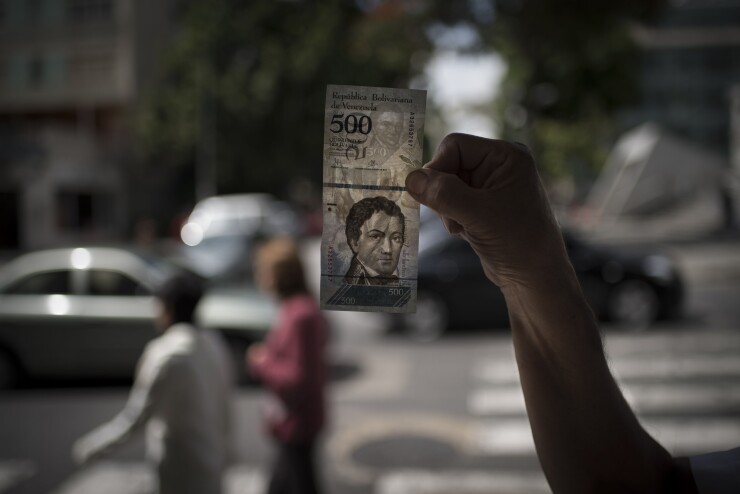Inflation of fiat currencies in Latin American countries like Venezuela has become so severe that it has rendered even basic necessities like groceries unaffordable to many citizens.
As a result, digital payment methods like bitcoin have become increasingly popular in this region. They offer a means to withstand economic fluctuations, providing a stable store of value and a secure means of transaction, and traditional banking and financial services system need to pay attention.
In general, digital currencies has become an attractive alternative investment to many investors seeking the safety that many fiat currencies lack. Since the start of 2017, the digital currency market has exploded.

Much of that growth is undoubtedly due to increased use by citizens of Latin American nations like Venezuela, who in the wake of recent turmoil have found themselves without a safe store of value nor a trustworthy system for exchanging money.
While the advantages of digital currency in Latin American countries are clear, the region also stands to reap other financial benefits from the blockchain technology that underpins these virtual payment methods. A report recently released by the United Nations found that blockchain could strengthen security and reduce costs in Latin American banks. That’s because the blockchain technology by nature creates an immutable and public digital record of transactions, ensuring the legitimacy and also efficiency of peer-to-peer exchanges.
The U.N. report shows how Caribbean economies are particularly plagued by a financial phenomenon called “de-risking.” De-risking occurs when banks shy away from a particular region because the costs of complying with international trade regulations, especially in comparison to returns, are excessively high.
It’s particularly common in developing economies where the costs of tracking illicit activities has become too great for many banks to take on. Unfortunately, this also leaves the region without a legitimate financial system, particularly a means of securing value and conducting transactions.
Blockchain has emerged as a solution to many of these issues because by nature, it offers a cost-effective way to monitor and curtail illegal activities. It also reduces costs by eliminating the need for correspondent banks, which were previously necessary to conduct financial transactions that originated in foreign countries.
Blockchain has the potential to slash costs and greatly reduce the systemic risks of banks venturing into developing economies in the Caribbean and Latin America. By doing away with the barriers to entry in this region, blockchain technology has the potential to completely disrupt the traditional banking system, and offer financial services to people who have otherwise been excluded.





